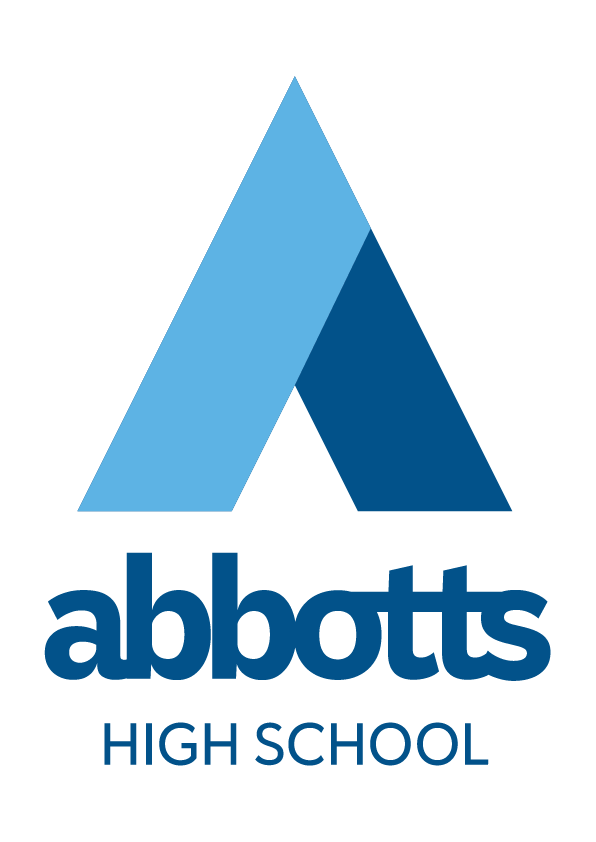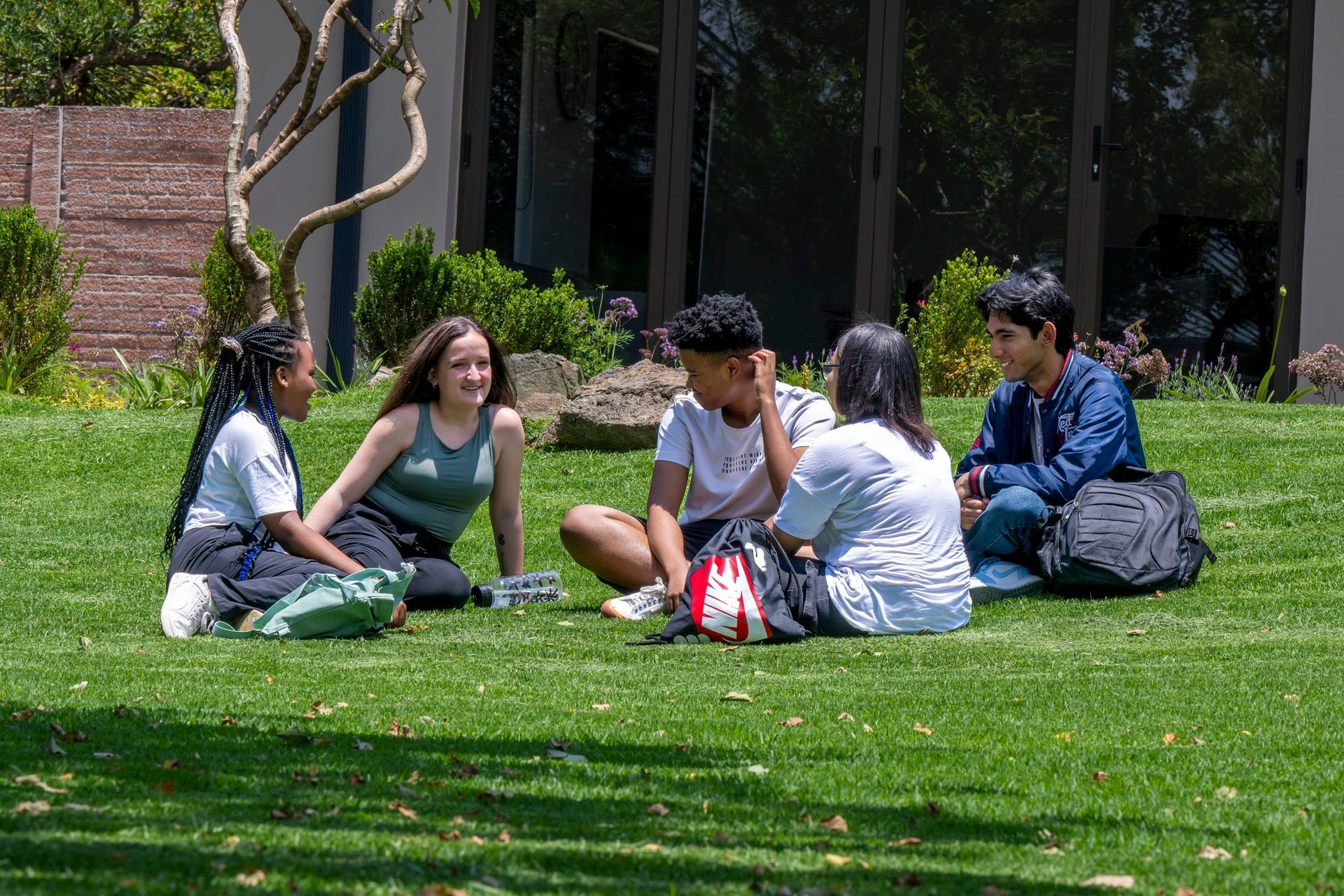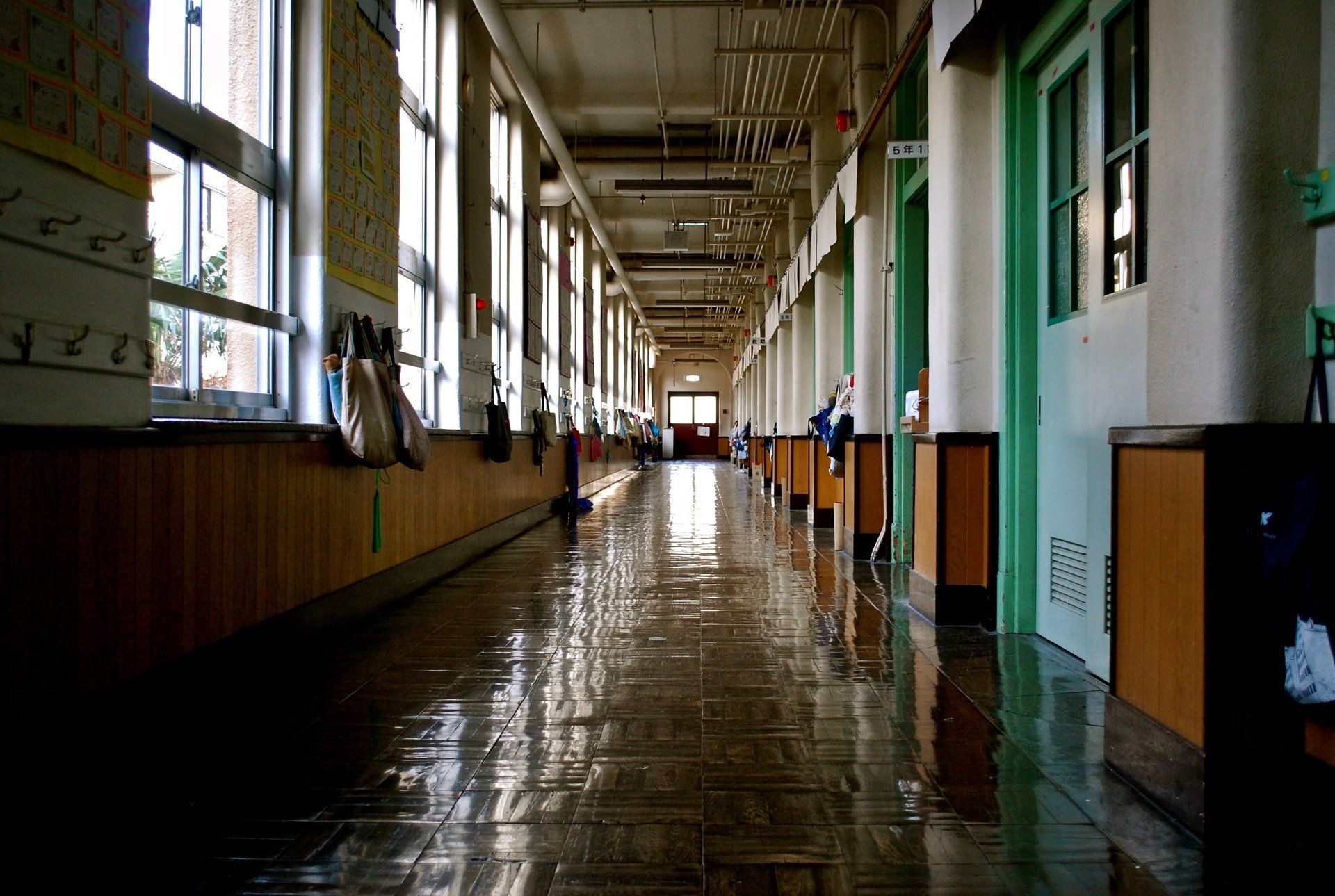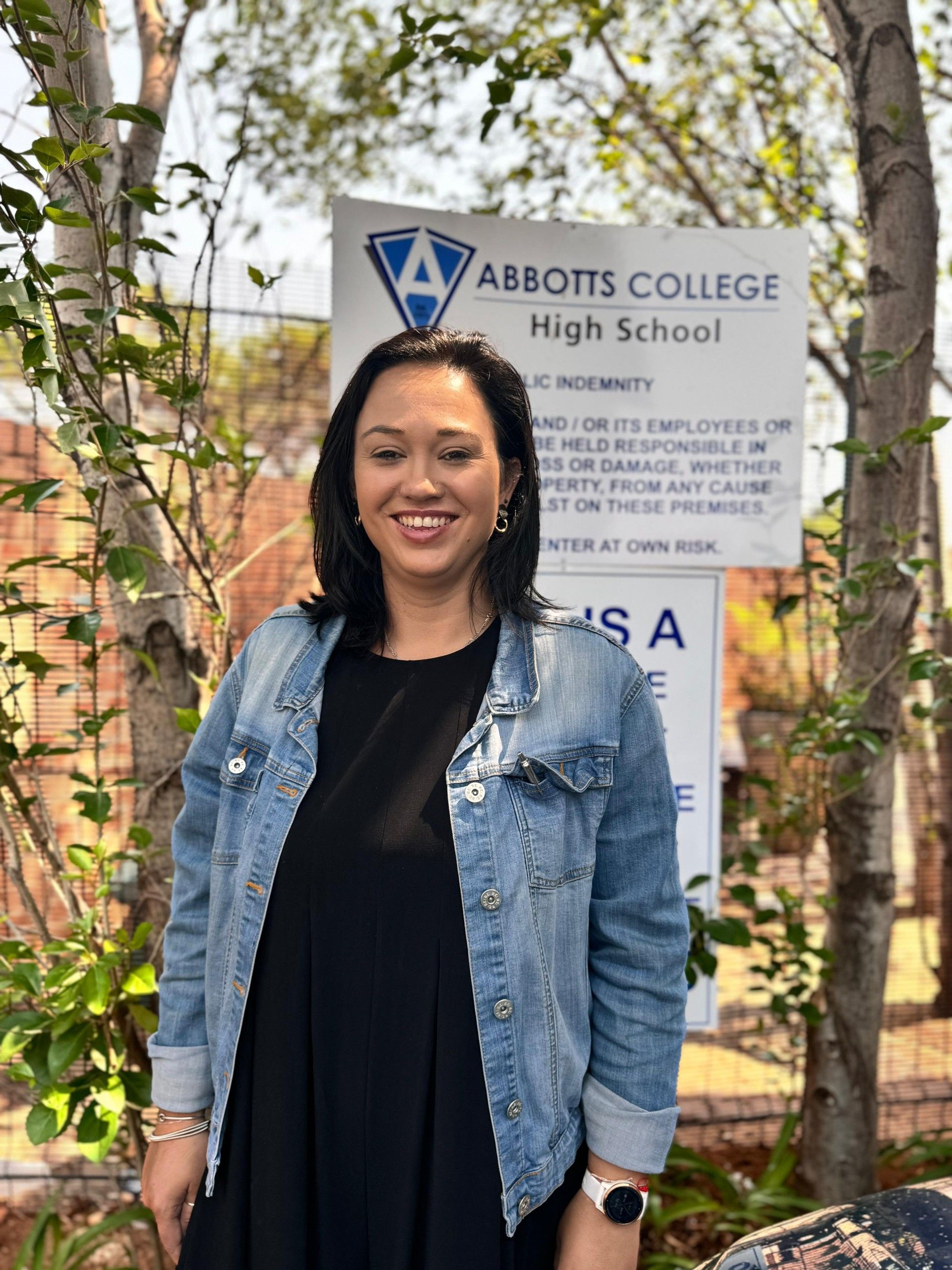How To Set Goals For 2020 | SMART Goal Setting
January 29, 2020
Helping your child set SMART goals for 2020!

When it comes to helping your kids live happy, fulfilled lives, goal setting is an important tool that should never be overlooked. Your child should learn how to set goals because it can lead to several benefits. For starters, it becomes a habit for life. This empowers them to strive for more and figure out what they want out of life. They also develop a healthy, positive attitude when they realise that they can achieve anything they set their minds to. Most importantly, they discover that they are responsible for their own learning and behaviour. So, if they want to achieve something, it’s ultimately up to them to make it happen.
If you’re ready to guide your child in setting goals for 2020, why not do it the SMART way? This is a method that yields wonderful results and works well for people of all ages. It will also help your child break down their goals in a logical way. Let’s get SMART and get goal setting.
S is for Specific
The truth is, you’ll never reach those goals if you aren’t specific about them. Get your child to write down exactly what they want to achieve. The key here is to be as detailed as possible. For example, instead of “I want to be in the school play” they should go one step further, “I want to play a lead part in the school play”.
M is for Measurable
When a goal is measurable, you’ll know if you’re getting closer to reaching it and when you’ve crossed the finish line. To make a goal measurable, you can help your child break this down into elements that will help them track their progress. For example, getting better Mathematics results should be tracked with every test so that your child can see their improvement in their marks.
A is for Attainable
This is one of the toughest parts of helping your child set their goals for a new year – making it attainable. If your child wants to get an A for Science but is currently sitting on a D, guide them towards a smaller improvement like moving up to a C or B in Science so that they aren’t discouraged.
R is for Relevant
Your child’s goals need to be relevant to them and something that they actually want. Often, kids try to please their parents, teachers or peers instead of making themselves proud. Your child is twice as likely to achieve the goals they set for themselves if they really want it for themselves.
T is for Timely
Another key part of reaching those goals is using a time frame. Deadlines can really motivate so try to break the goals up into terms to inspire your child to action. Be realistic though so as to not apply too much pressure. Should your child need a little extra time, tell them it’s okay.
At Abbotts College, our non-traditional approach
to learning helps our students achieve their goals and exceed their own expectations. For more on us and our schools, please click here.
To apply for your child to join us, please visit the following link:
If you have a general enquiry, please address it to us here:

As the preliminary and final examinations approach, both students and parents or guardians often experience heightened anxiety and stress. This guide provides practical strategies to help parents and guardians support their children through this critical phase of their academic journey. 1. Foster Effective Organization Create an environment conducive to studying by providing a quiet, well-lit study space equipped with essential stationery. Collaborate with your child to develop a structured study timetable to set clear expectations and promote disciplined preparation. Encourage the use of resources such as past question papers, which serve as valuable tools for revision and practice. 2. Maintain Daily Check-Ins Schedule regular, intentional conversations, such as during dinner, to discuss your child’s progress. Inquire about their experience with the day’s examination paper, adherence to their study schedule, and their feelings about upcoming tests. These check-ins foster open communication and allow you to gauge their emotional and academic state. 3. Minimize Distractions Help your child stay focused by keeping electronic devices like phones, tablets, and gaming consoles out of reach during study sessions. Set boundaries on screen time and social media access to prevent procrastination. While challenging, limiting Wi-Fi access during study hours can significantly enhance productivity. 4. Support Emotional Awareness Encourage your child to identify and articulate their emotions, such as anxiety, stress, or fatigue . Recognizing these feelings is the first step toward addressing them effectively. Discuss coping strategies to help them navigate emotional challenges during this period. 5. Teach Self-Regulation Techniques Guide your child in practicing self-regulation to manage stress. Techniques include: Breathing Exercises : Inhale deeply for four seconds, hold for four seconds, exhale for four seconds, and repeat. Sensory Focus : Identify five things they can see or hear to ground themselves in the moment. Tactile Stimulation : Hold a cold object to shift focus and reduce anxiety. These methods can help your child regain calm and focus during stressful moments. 6. Promote a Balanced Routine Prolonged study sessions late into the night can lead to burnout. Monitor your child’s study habits and encourage breaks to maintain balance. Plan activities such as outings with friends, a family meal, or short recreational periods with access to devices. Engaging in non-academic activities, like helping prepare dinner, can provide a refreshing change of focus. 7. Prioritize Self-Care Support your child’s well-being by ensuring they: Eat nutritious, regular meals. Get at least eight hours of sleep by limiting screen time before bed. Engage in physical activities such as walking, jogging, yoga, dancing, or gym workouts. These practices help alleviate stress and anxiety, which are common during examination periods. 8. Practice Empathy and Patience The examination period can be emotionally taxing for both students and parents. Approach your child with empathy, actively listening and offering guidance without criticism. This fosters a supportive environment, bolstering their mental health and sense of inclusion. By implementing these strategies, parents and guardians can play a pivotal role in helping their children navigate the challenges of examinations with confidence and resilience. Good luck to all the Grade 12 students with the upcoming examinations - you most certainly can do it!

Key Takeaways Personalised learning helps teens thrive by focusing on their unique strengths, interests, and goals. This approach encourages students to take ownership of their studies, building confidence and responsibility. Teachers play a vital role by adapting lessons and feedback to suit individual learning styles. Alternative education models often integrate personalised learning to support students who need flexibility. Whether you’re exploring private high schools in Pretoria , Centurion high schools , high schools in Northcliff , Johannesburg, or high schools in Cape Town with no uniform , personalised learning can help students reach their full potential in any environment. Every young person has a unique story, but in the wrong school, that story might never be realised and celebrated. The right school, however, ensures that each story is heard and every student lives up to their full potential. Enter personalised learning: Environments where young people are seen, supported and encouraged to explore who they are and want to be in the world. When parents and students walk into a school which prides itself on being student-centered, they immediately feel this difference. In my 30 years in education, I’ve been continually inspired by what young people can achieve when given the right tools, space, and support. Success is about so much more than academic results, it also includes emotional and social growth. When students are free to express themselves, they experience deeper learning, and greater personal well-being and self-confidence. This freedom builds communication skills, sparks creativity, and fosters critical thinking, developing them into confident and capable young adults. TAILORING EDUCATION TO INDIVIDUAL NEEDS When schools shift to personalised learning, something transformative happens: Students stop feeling like just another face in the crowd and instead, they become active participants in their education. With tools like MAP assessments, teachers gain valuable insights into where a student excels and where they need support. This data informs learning plans tailored to each student’s pace and style. Some students benefit from short videos or visual aids, while others prefer hands-on tasks or one-on-one support. Platforms like Khan Academy and adaptive learning apps help teachers meet these diverse needs with precision. This model creates a more dynamic learning environment, where a struggling student can revisit a topic until it makes sense. Advanced learners are able to move on to more challenging material without waiting. Each student progresses at their own pace, in a way that works for them. BEYOND ACADEMICS The benefits of personalised learning go well beyond the classroom. Students build emotional resilience when their needs are recognised and met. Social development naturally follows as they take ownership of their learning and grow in confidence. Personalised learning doesn’t demand perfection, but invites growth. Schools become places of discovery, where students study not only the curriculum, but also discover who they are and what they’re capable of. If you are wondering whether high schools can change lives by embracing individuality, just watch a student light up when talking about a subject they love. Look at the learners who feel safe enough to speak up, take risks, and aim higher. UNLOCKING TRUE POTENTIAL When schools see students not as numbers, but as individuals with dreams and potential, education becomes truly impactful. Personalised learning is not a trend, it is a return to what learning should be: human, responsive, and empowering. As educators, parents, and communities, we must create environments where every student feels valued and every voice matters. Because when we embrace students for who they really are, we unlock the door to who they’re meant to become. FAQs How does alternative education in South Africa support personalised learning? Alternative education South Africa supports personalised learning by offering flexible teaching styles that focus on each student’s needs and learning preferences Do any high schools in Cape Town allow students to wear their own clothes? Yes, high schools in Cape Town with no uniform , like Abbotts College Rondebosch, allow students to dress casually, promoting individuality alongside academic success. How does personalised learning work in Centurion schools? Centurion schools like Abbotts College use personalised learning by adapting lessons to suit each student’s strengths and goals, helping them build confidence and achieve better results. How do I decide which high school in Centurion area is best? To choose the best high school in Centurion area , consider the school’s teaching style, support systems, and how well it aligns with your teen’s academic goals and personal growth. Why might parents choose private high schools in Johannesburg for their teens? A5. Private high schools in Johannesburg provide personalised learning, strong academic programmes, and individual support to prepare teens for university and life beyond school.

In the wake of the mid-year exams, there is much that parents and students can learn from their results, which should be used to consider the way forward, an education expert says. “I was fortunate to have one child who was very diligent as a scholar, starting to study way ahead of the exams, even from the lower grades, using her midterm break to study year after year. She never had to be asked to go and study and her study breaks were actual breaks from studying,” says Mignonne Gerli, Principal: Abbotts College Pretoria East. “This was not true for all my children. Another of my children thought that studying the day before the exam would do just fine. I remember always catching this child on a study break or as she had just finished studying. I can confidently say that I never, in five years, caught her studying. You can imagine the fights and stress (felt by me) during this time.” As parents, we know how important it is to achieve good results at school. Prior to Grade 11 and 12, students already need to have developed a mature and diligent work ethic. “We know which doors can be opened and which firmly shut, based on your school results,” says Gerli. “For this reason, we fight the good fight which means that exam periods can be extremely stressful and highly unpleasant in many households. We try various methods to cajole our less than diligent children to put effort into their studies and in some cases loathe the day that the reports are published.” Whether exam time is a breeze for you as a parent, with your model child, or absolute hell, with your sweet/funny/kind but less committed child, the end of the exams and results need to be reflected upon. And for those who suffered through the past exams, it is time to come up with different strategies for the next set of exams. “Reflection for those who appear to prepare well for exams, will take the form of considering whether their study methods were effective or if they need help with the way in which they study.” “During these exams, I watched my one granddaughter study. “Not once did I catch her on a break on the days she was with us. What I also noticed was that she studies by copying out the textbook, not something that can be remedied when she is shoulder deep into the exams. This is not an effective way to study and she will definitely need to be taught better study methods in preparation for her next exams.” What have you as a parent noticed about your child’s study methods? Can you assist or will you need a professional to help with better study methods? “Students who achieved excellent results for their exams can reflect on why they did so well and how they can build on this going forward. “The students who put little to no effort into their preparation for the exams, will need guidance and assistance from their parents to try remedy their approach to their work. There needs to be an open, calm discussion about why they did not study for the exams and what would motivate them to study and put effort into their preparation for their next exam session.” Approaches could include: Negative consequences for poor effort, such as having their phones taken away for a period of time, grounding them or taking away certain privileges. Offering a reward for effort, this may be in the form of a cash incentive for improved results or achieving a certain mark per subject, it could be purchasing them something they would like, it could be additional privileges. Reasoning with them, explaining the importance of developing a mature work ethic and achieving good results. This is something teenagers struggle to fully comprehend so some true-life examples of success and failure of family members and friends, when it comes to financial and career success, may be useful here. Go through university courses they may be interested in with them and show them what is required to qualify for the courses. I have found that many teenagers have no idea what is required to gain access to a career they wish to pursue. A reality check is sometimes all they need. Help them think about their future and what they want to achieve in life. It needs to be concrete as having a goal is a great motivator for hard work. Usually, it is the students who have no real vision for their future and what they would like to achieve who struggle to motivate themselves to study. They simply don’t get why it’s important and of value. “Exam time can be very stressful, but taking some time to consider how to make the next exam session less so, and working towards establishing a positive trajectory, can make all the difference for the future,” says Gerli.







